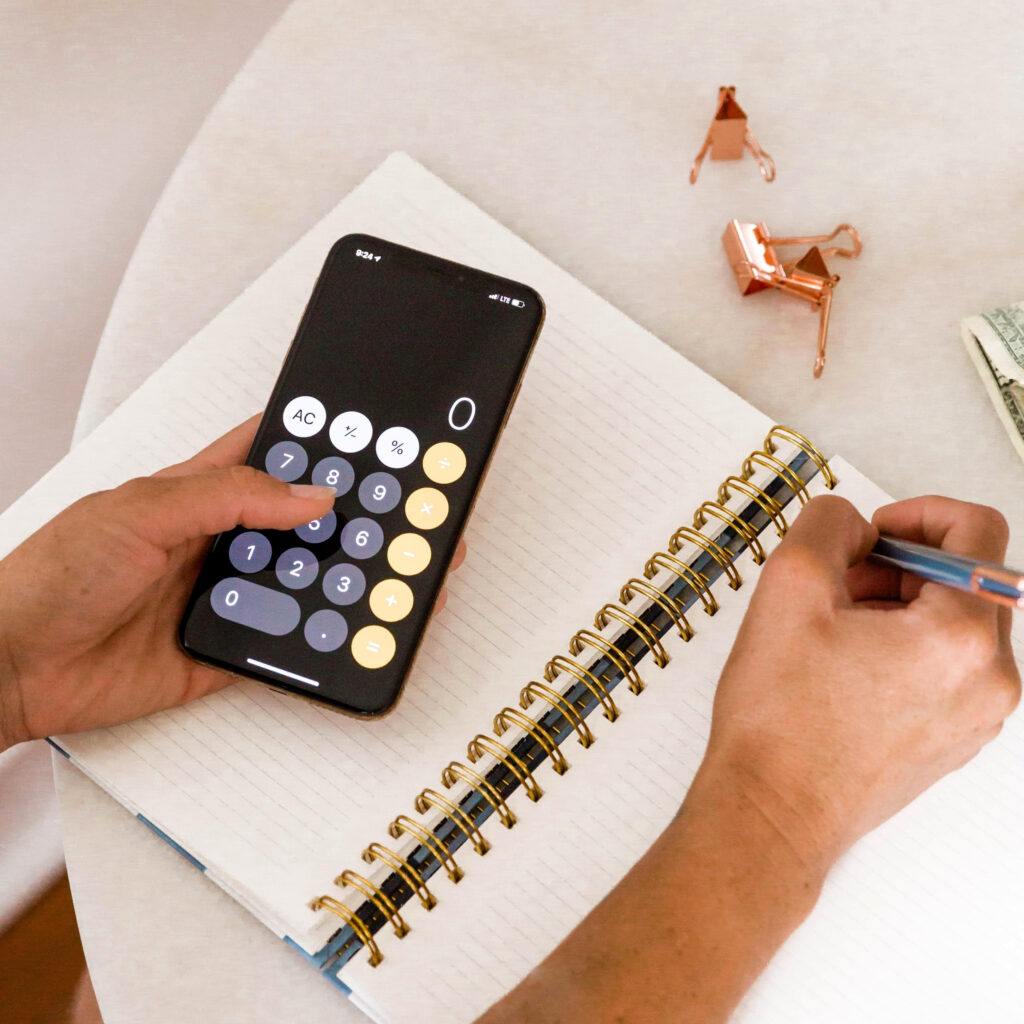By Bhumika Ramesh

We all would have come across the phrase – pay yourself first – without ever really grasping its meaning. Plenty of newspapers, magazines and blog outlets mention it as well, but what does paying yourself first really mean? Well, it simply means setting aside part of your income for your savings and for your salary even if its a negligible amount and then spending the amount leftover. It revolves around budgeting and prioritizing purchases.
Let’s look at a few reasons as to why you should implement it:
- Paying Yourself – Any Business Owner tends to pay themselves last but just as you would prioritize paying your staff make it a standard practice to pay yourself too, even if its a small token amount. It’s a way for you to not just feel in charge but also feel good about your business. Of course it’s a also reverse budgeting strategy.
- Funds for a rainy day : Setting aside your income in a savings account when you get your paycheck, ensures that there is enough to rely on during hardships. Doing this also saves time when you do it at the beginning of the month, rather than sitting down on the last weekend and fumbling about with your bank statement.
- Assists in Budgeting : When you set aside a portion of your income, you learn to work with what you have left. Prioritizing purchases and implementing a budget for the entire month helps you to utilize the rest of the funds. This also ensures that work with a plan and a budget and prioritise savings, investments and retirement plans. This prioritizes savings, but not at the expense of necessary expenses like housing, utilities and insurance and building your Business.
- Low maintenance : Paying yourself first doesn’t involve going to the bank or setting up a new account. It is an extremely low-cost method and tolerates not mentioning every detail or making a tally of your purchases. A small piece of paper and a pen ensures you’re ready to go for the entire month.
- Big picture focus – When you start saving up, you tend to learn to focus on achieving your long term goals. It stops you from splurging on short-term impulses. And instead you learn to use your savings to purchase things you need or value.
- A sense of reward : At the end of the year, when you sit down and look at your statements, the amount of money you have ended up saving tends to act as a reward for all the hard work you’ve done. This reinforces the habit of saving up and you continue to do so with the anticipation of the reward.
Our lives revolve around how well we manage our finances and paying yourself first is an excellent manner to start. This strategy can help anyone who’s looking to prioritize how and where they spend: from teenagers to even 80-year-olds. Having control over your funds is how you dictate your future.
For more on this topic see this article here
For more posts around Money see our Blog post here
